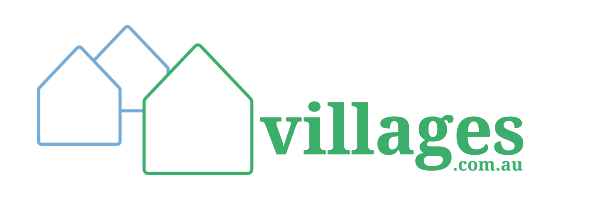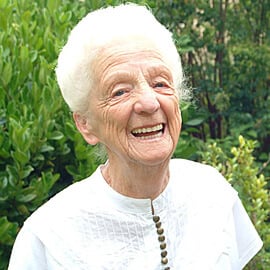Health pioneer and futurist Shirlee Sharkey, president and CEO of Canada’s largest seniors living organisation Saint Elizabeth, says that telehealth, virtual care, and green care farms are disruptive models shaking up the retirement living industry internationally - and we can expect to see much more of the same examples in the near future.
Ms Sharkey, who is due to headline the National Retirement Living Summit in November on the Gold Coast, says the digital age has hit the healthcare, home care, and retirement village sectors “like a tidal wave” as countless new technologies appear on the market daily.
Insightful design and digitisation are pushing the envelope, she says, but so too is society’s attitude to ageing.
“Today’s seniors are making incredible contributions. They are ready for round two – excited to take on the world, opening businesses, inventing technology, mentoring and sharing knowledge,” she says.
In her international consulting work, Sharkey says she sees a wide variance in how different cultures approach their ageing populations, and their attitudes to ageing.
In Australia, as changing migration patterns mean more Asian-born residents now call the country home than those hailing from Europe or New Zealand, these cultural changes will have an impact on our retirement living industry overall.
Ms Sharkey says we can learn from the increased reliance on technology to remain connected and develop broader understanding of ideas, as well as that of green care farms in France, the Netherlands and Norway, to successfully integrate and create the new norms of retirement village living.
The biggest issue for the industry in the years ahead is what she calls the “a la carte approach,” the concept of providing on-demand services to people as they age or as their health care needs change.
“Developers who can successfully balance the costs and benefits, and those who are willing to test innovative solutions, will be the ones who stand out in a competitive field.”






